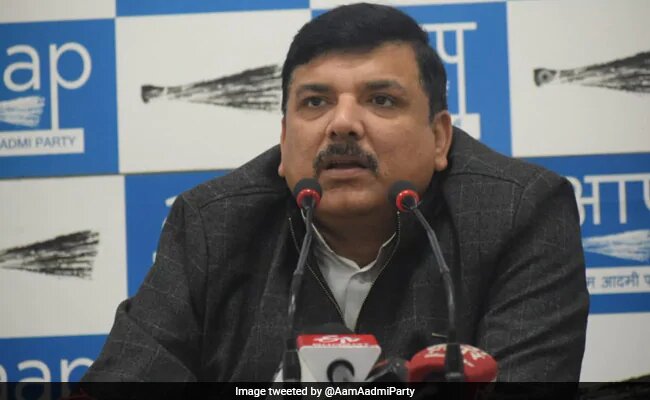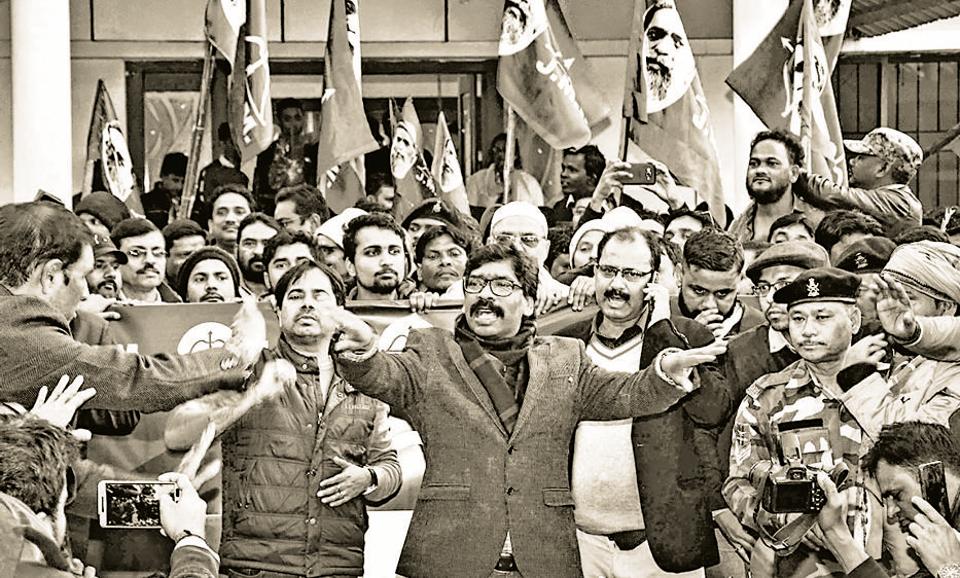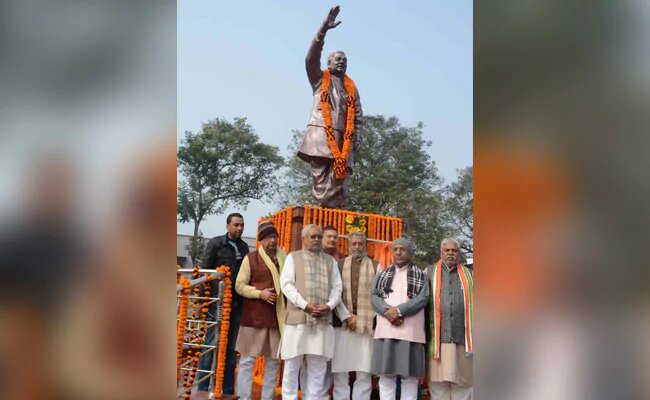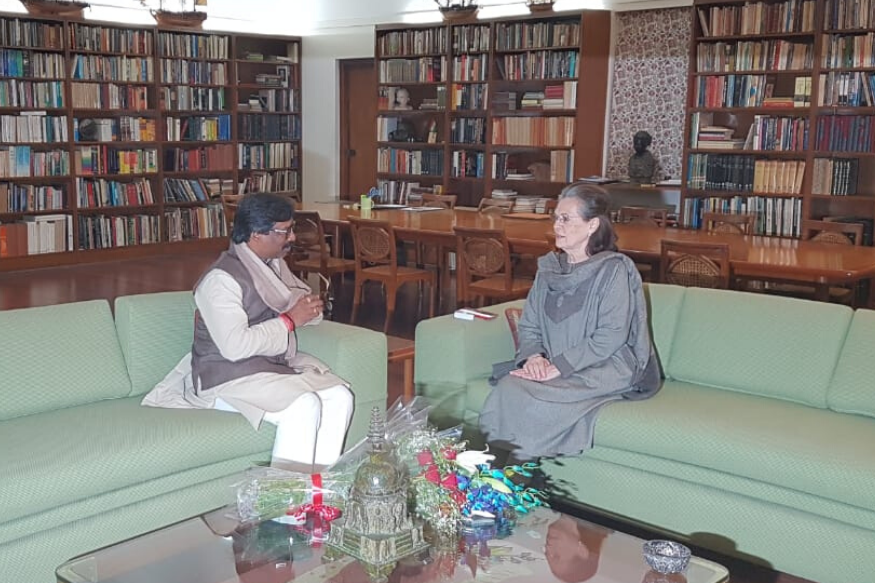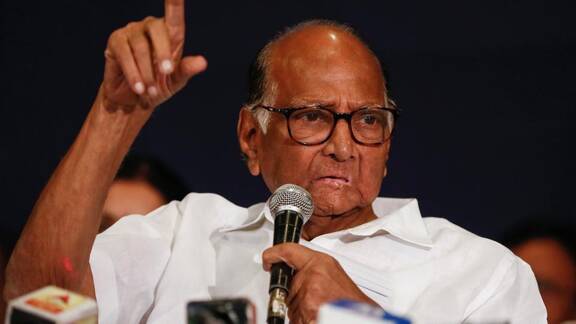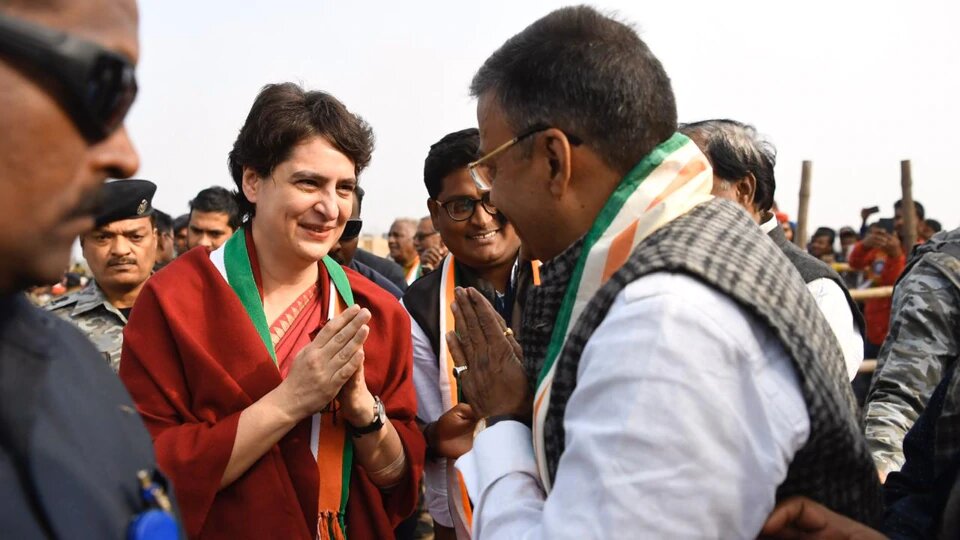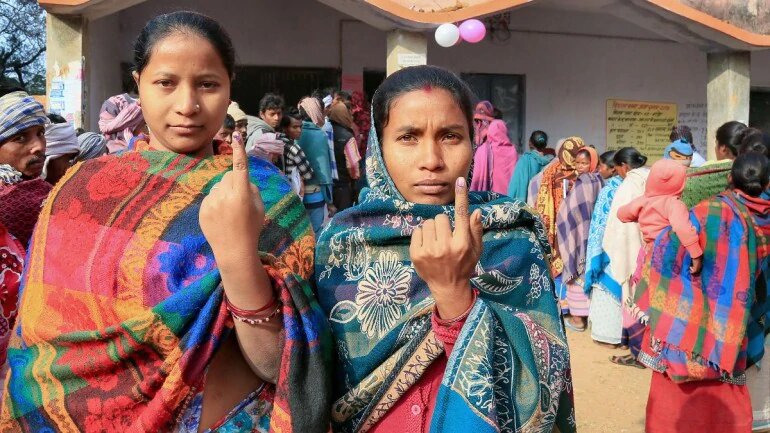Source – indiatoday.in
Jharkhand has voted the BJP out in a big-impact mandate, six months after the party handed a massive Lok Sabha election victory to Prime Minister Narendra Modi.
The verdict favoured the JMM-Congress-RJD alliance which rode a Chhattisgarh-like tribal backlash as the BJP faltered on many political fronts.
The debacle has been made tougher to swallow for the BJP by the loss of sitting Chief Minister Raghubar Das. He lost Jamshedpur East with a margin of 15,833 votes. He had won the seat with a margin of 70,000 votes in 2014. It proved conclusively that the BJP government in the state suffered crippling anti-incumbency.
The Jharkhand loss is yet another derailment the once unbeatable Modi-Shah electoral juggernaut has suffered and this will impact the BJP, the NDA and the overall politics.
A look at India’s political map shows the BJP’s rise and slide in the last three years. In 2017, the Modi-Shah duo had the BJP/NDA flag fluttering over almost 70 per cent of the country. By the time the Shiv Sena took charge of Maharashtra with the NCP and the Congress, the saffron footprint was down to a little over 40 per cent. Jharkhand will bring it down to 35 per cent.
The Jharkhand verdict underlines a new pattern that should worry the BJP. The party’s failure to keep allies is being attributed to the heavier muscle the majority 2019 verdict has given to the BJP. The party has been trumped by regional player JMM like Shiv Sena and NCP in Maharashtra. And again PM Modi’s bête noire, the Congress, has a hand in the BJP’s loss, like in Maharashtra.
WHAT WENT WRONG
The BJP over estimated its strength to begin with. Its ally AJSU wanted 20-odd seats. The BJP didn’t want to give more than 15. Tight fisted and big brotherly, the BJP made a Plan B and decided to go alone.
Some party leaders said that it felt an out-of-alliance AJSU will make the contest multi-party and split the votes against it. The mandate shows this was a blunder. The BJP plus AJSU as allies in 2014 had polled 35 per cent (BJP 31 per cent and AJSU 4 per cent). This time, the BJP polled 34 per cent and AJSU 9 per cent but their seats plummeted.
Speaking to India Today TV, BJP spokesperson Aman Sinha denied that the party has been handed a drubbing. He said, “The party’s vote share has gone up.”
But a close look at the results shows the share is up as it contested 81 seats compared to 70 last time.
The sitting CM’s loss showcases the huge anti-incumbency against the BJP government in the state despite the PM and the central government still enjoying immense popularity.
The BJP’s defeat has multilayered reasons. In 2014, the party chose Raghubar Das, a nontribal leader, as chief minister for a tribal-dominated state. It created a disruptive political template to transcend the caste divide and reduce the whip of the dominant voting group.
But after the five-year rule, the BJP has won just two of the tribal-dominated seats. The decimation is a sign that the BJP’s disruptive template flopped as its actions antagonised the dominant tribals.
The changes it proposed to the Shanthal Parganas Tenancy Act and Chhota Nagpur Tenancy Act threatened tribals’ right over land. The tribals didn’t get a share in jobs in the state. Para teachers’ and Anganwadi workers’ protests faced hostile police crackdown. The state government brought the anti-conversion bill which was ferociously opposed by the tribals.
The government’s delivery of welfare schemes was terrible in a state which has 46 per cent people below the poverty line (the national average is 28 per cent). The government could not create jobs and economic achchhe din as 44 per cent investment projects remained stalled between 2016-19.
The Opposition could paint the BJP anti-tribal led by an “outsider CM” as Das was born in Chhattisgarh.
The JMM whose founder Shibu Soren had led a huge uprising of the tribals first against “mahajani pratha” or money lenders’ oppression and then the battle for a separate state of Jharkhand became the immediate beneficiary. Allies Congress and RJD brought the anxiety driven minority vote as the BJP raised issues like Article 370, Ram Mandir, CAA and NRC.
The PM and the BJP tried in vain to make up for local dissatisfaction by bringing in national issues and a polarising push. The party has paid a price for poor brand management yet again.
Rajya Sabha MP Swapan Dasgupta, speaking to India Today TV, said, “The state unit can’t be held solely responsible for the loss. Everyone has to share the blame. The BJP has to realise that it needs a local profile which is distinct and in sync with the national party. When it comes to alliance, the party needs to realise regional aspirations can play within the national fold in the presence of a dominant party”
JHARKHAND POLL RESULT IMPLICATION
The political map of India presents a worrying picture for the BJP. From Rajasthan in the west to Bengal in the east, one can travel without driving through a BJP-ruled state.
Due to this, the perception about the Modi-Shah duo’s capability to create successful political strategies has taken a serious hit ahead of crucial elections in Delhi, West Bengal, Bihar and Tamil Nadu.
The biggest impact will be on the BJP’s relations with existing and future allies. The party is no more the same heavy-duty coalition magnet. Since 2017, it has lost PDP, TDP, Shiv Sena and AJSU.
Allies like Nitish Kumar, for example, may feel emboldened and seek more or equal share in seats in Bihar. Already Nitish has spoken against NRC and it may force the BJP to put the controversial move that is close to its heart on the back burner. Future partners may also ask for greater space.
Another state loss means the BJP’s position in Rajya Sabha may not improve anytime in near future and keep the party dependent on non-NDA players like the AIADMK and the BJD.
The Modi government’s legislative capability will take a hit as Constitutional amendments need ratification by 50 per cent state assemblies.
The Jharkhand loss is ill-timed too. The central government is facing a negative perception over the economic slowdown and nationwide protests. This may impact the BJP cadre’s morale.
